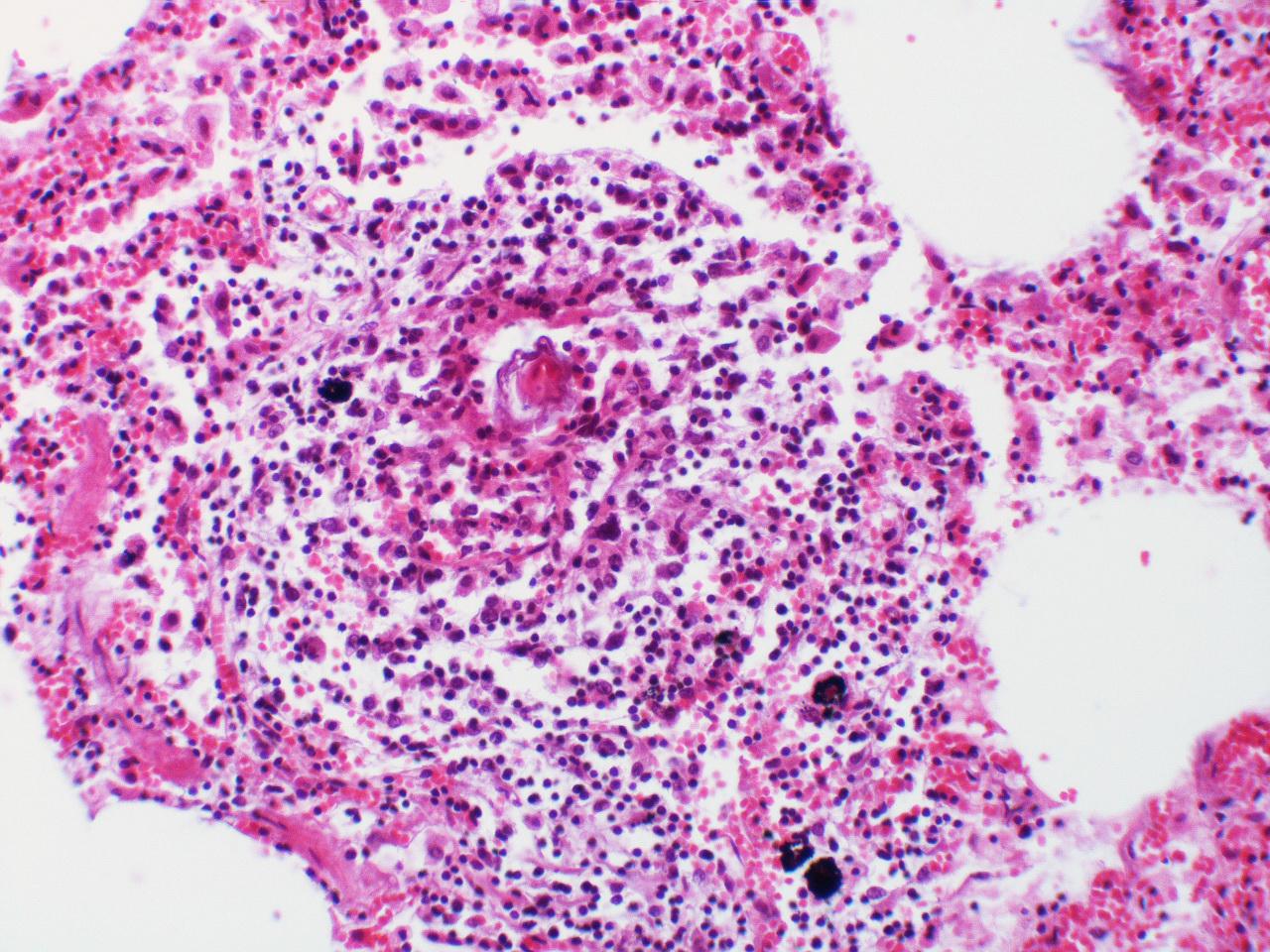WASH & Schistosomiasis Systematic Review

Yale Rosen (CC BY-SA 2.0, http://creativecommons.org/licenses/by-sa/2.0, via Wikimedia Commons)
About
The third in this series of SHARE-funded studies exploring the impact of WASH on NTDs, this systematic review compiled and analysed evidence on the importance of WASH for schistosomiasis control.
Access to safe water and adequate sanitation are often emphasised as important measures for schistosomiasis control; indeed, the schistosomes’ lifecycles suggest that their transmission may be reduced through safe water and adequate sanitation. However, as of 2013, the evidence had not been compiled in a systematic review.
This study addressed this evidence gap, finding that safe water supplies were associated with significantly lower odds of schistosomiasis and adequate sanitation was associated with lower odds of Schistosoma mansoni and Schistosoma haematobium infection. As such, the study’s findings suggest that increasing access to safe water and adequate sanitation are important measures to reduce the odds of schistosome infection. The review also revealed high heterogeneities (differences in effect sizes between studies), but little suggestion of publication bias.
However, many studies did not focus on WASH, but were instead optimised for the consideration of other risk factors. Since the evidence uncovered were therefore limited, it also revealed a pressing need for adequately powered cluster randomised trials comparing schistosome infection risk with access to safe water and adequate sanitation.
